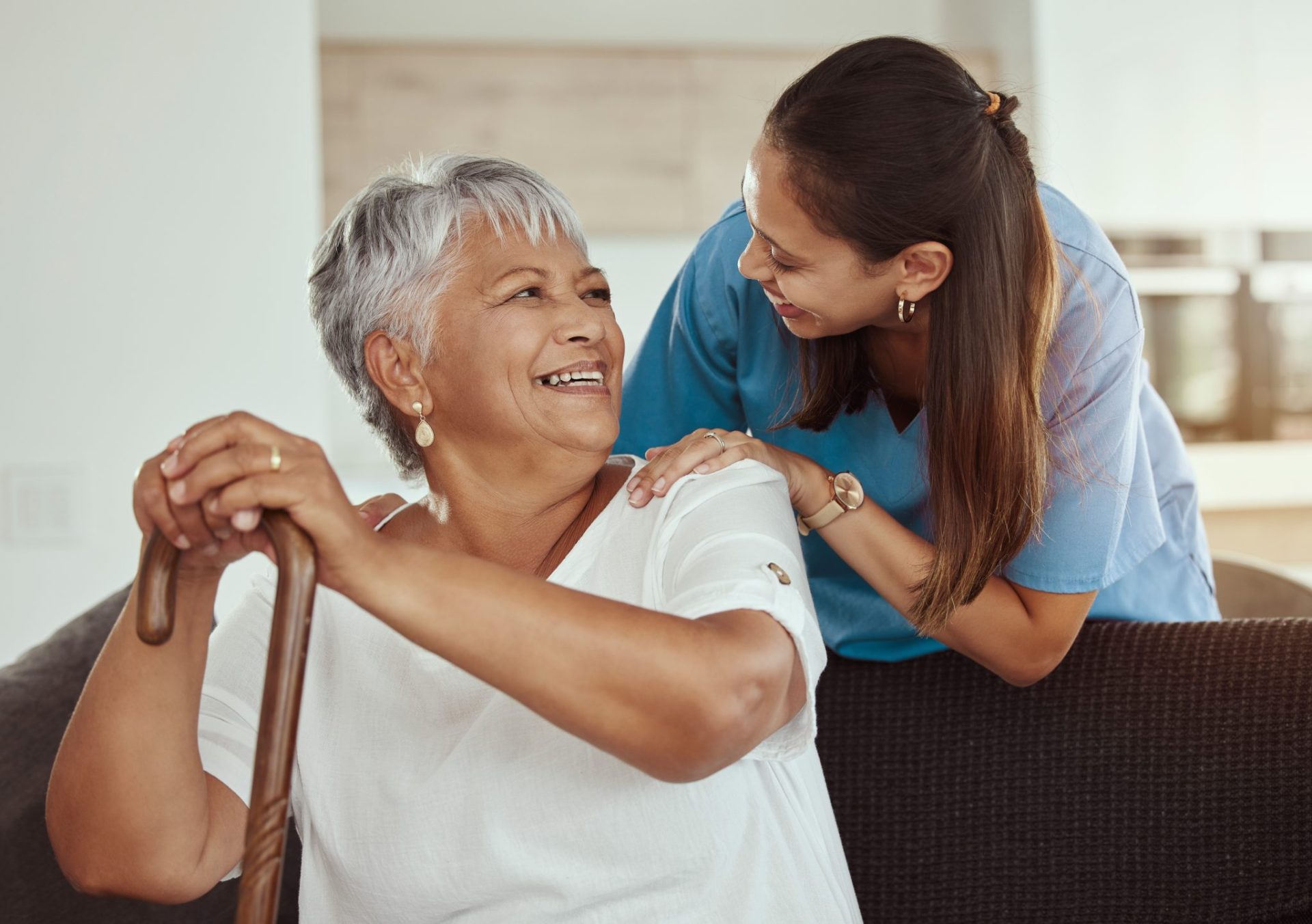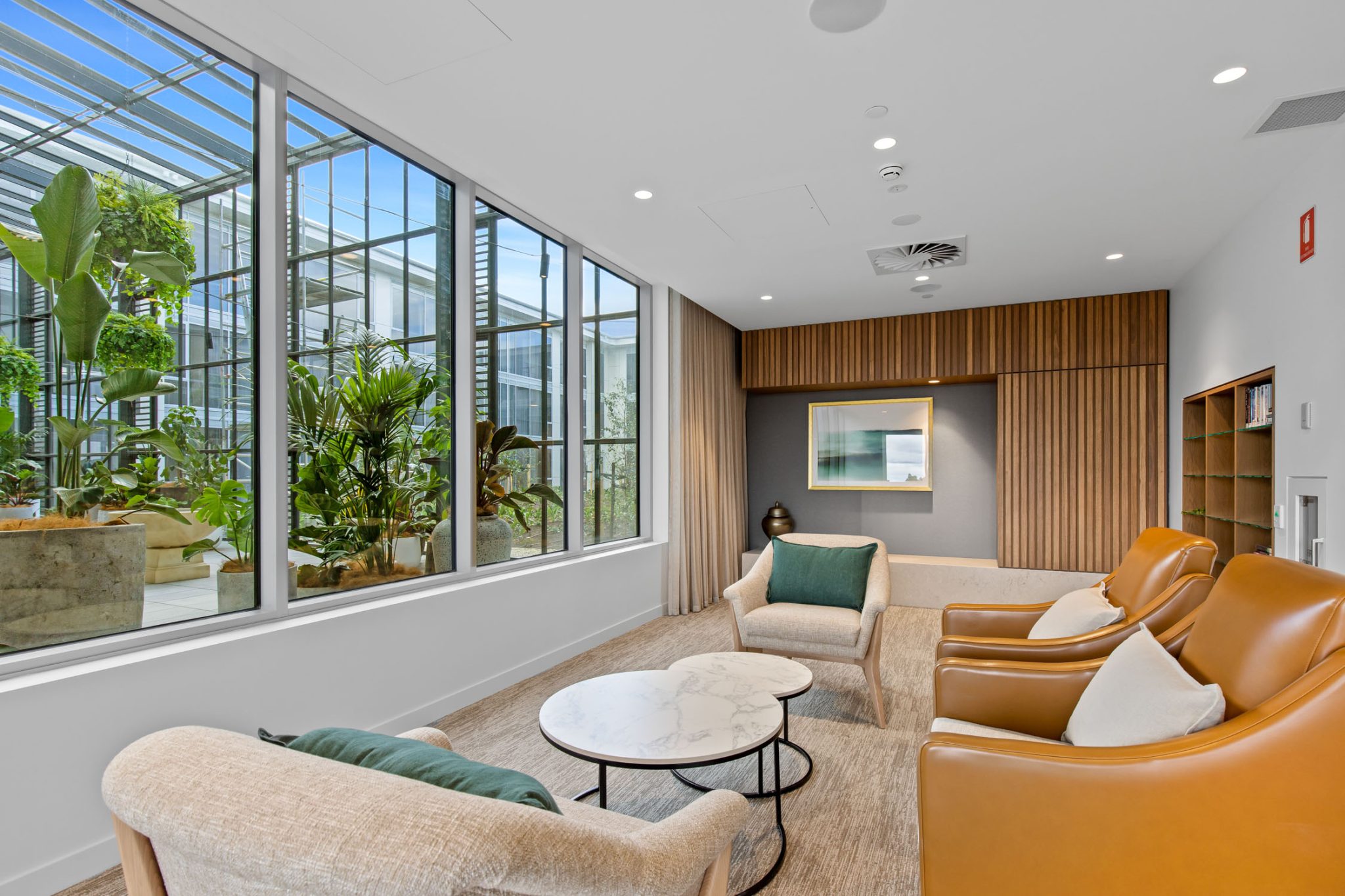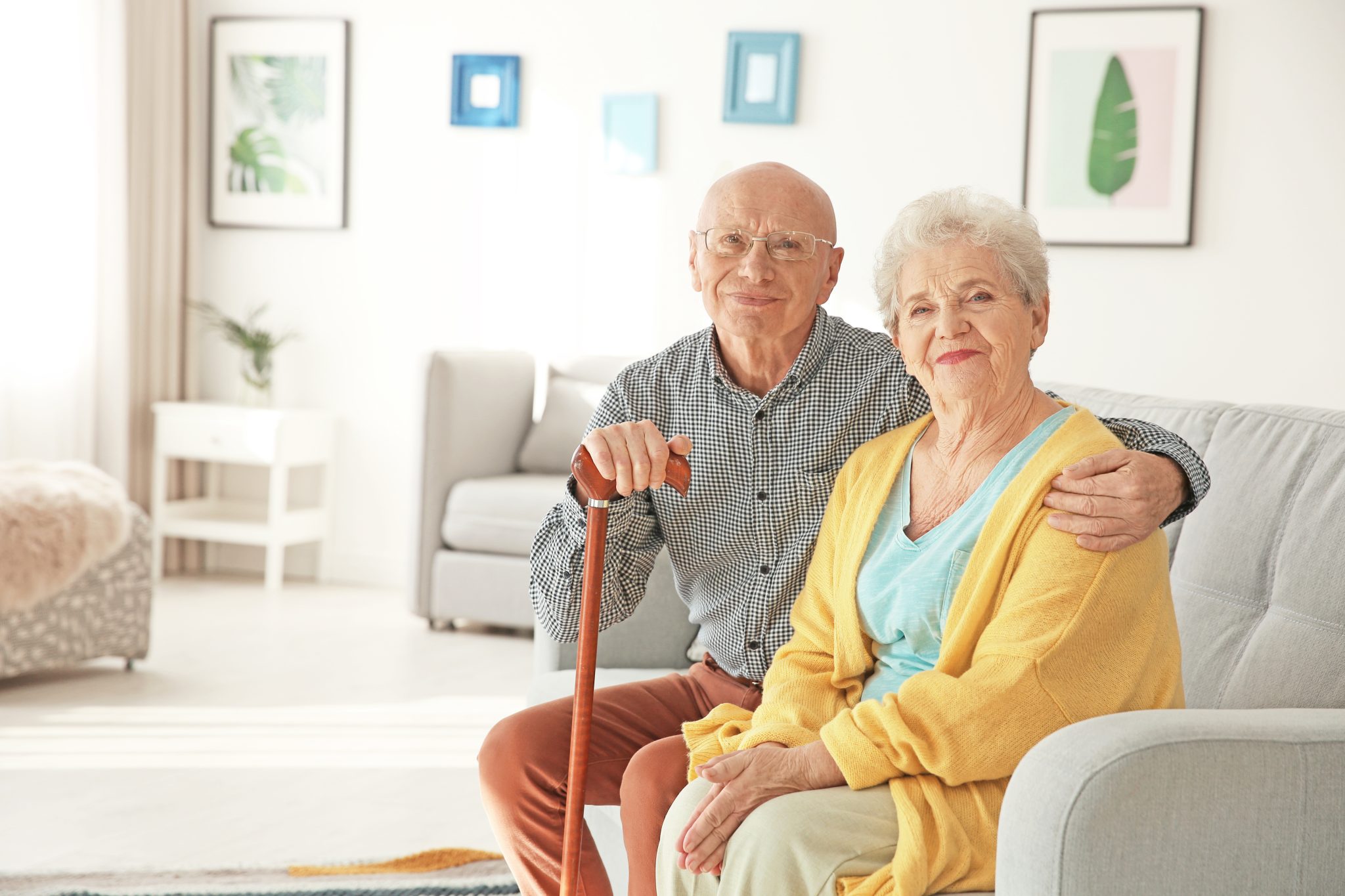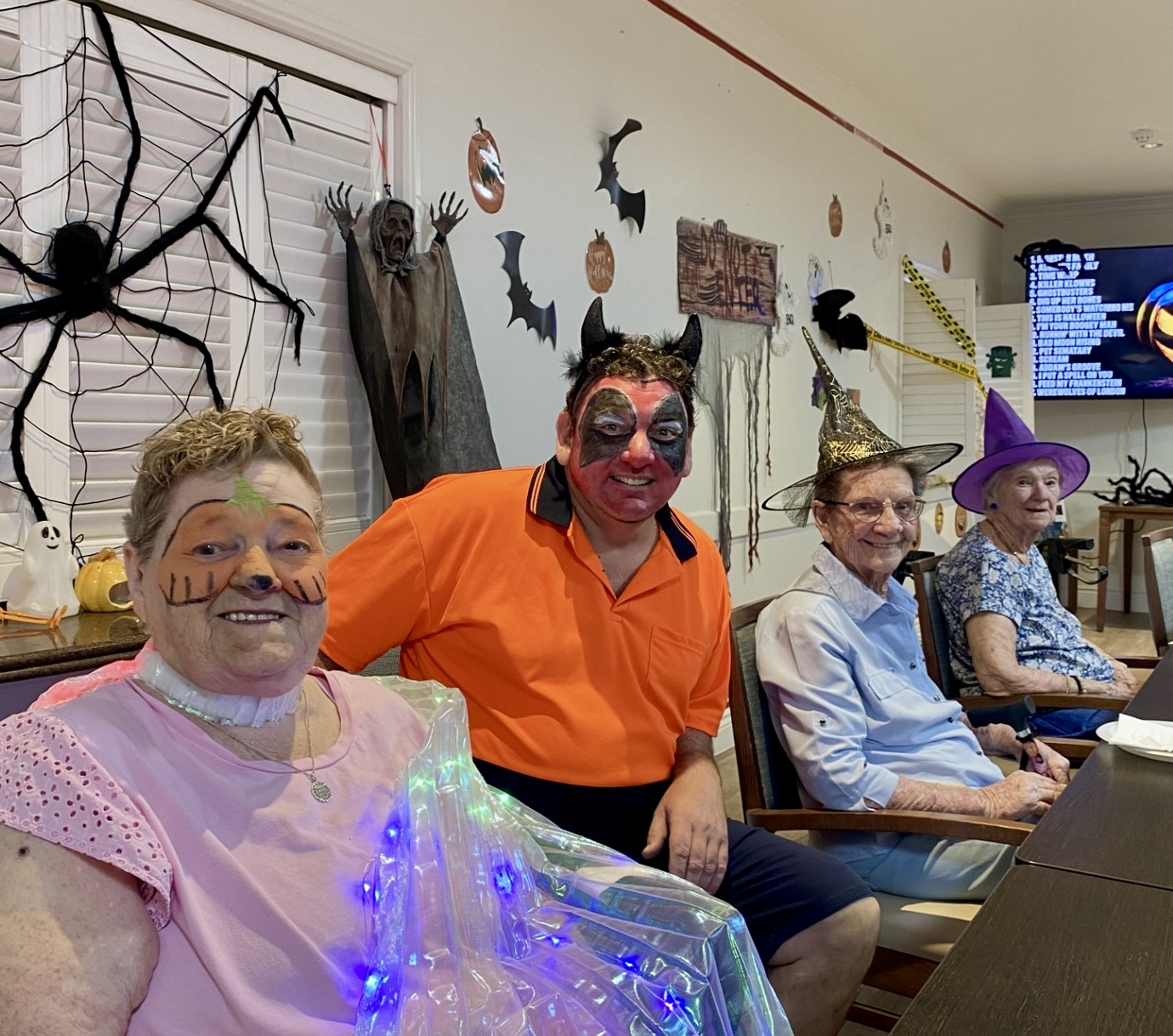When it comes to Aged Care, everyone deserves to feel welcome, as well as seen and heard. Yes, providing good care and facilities is important for elderly health and wellbeing, but it’s also crucial to us at TriCare that people from all cultures and backgrounds know they are a valuable member of our community.
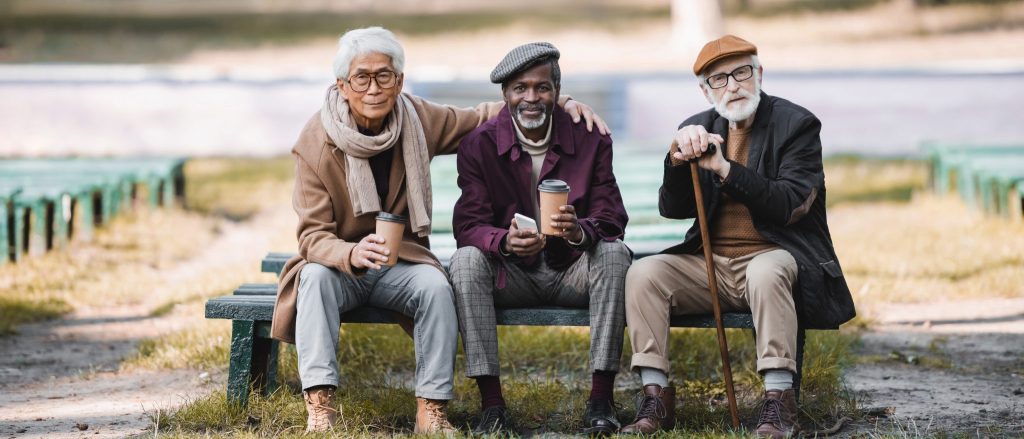
What are cultural safety and cultural sensitivity?
What does it mean to feel culturally safe, and to experience cultural sensitivity? Let’s break it down. Cultural safety is all about creating an environment where everyone feels respected and supported, no matter where they come from and what their beliefs are. It’s not just about tolerating differences, but actively embracing and understanding each other.
Cultural sensitivity goes hand-in-hand with that concept, because it’s all about making sure we don’t take for granted that everyone’s experience or culture is the same, and behaving in a way that shows we welcome and respect those beliefs, values, and practices of individuals and communities.
In Aged Care, cultural safety and sensitivity means making sure each resident feels safe and comfortable being themselves without fear of judgement or discrimination. It’s about recognising and celebrating the diverse backgrounds of our residents, and ensuring they receive care that respects their individuality.
Why is cultural safety and sensitivity important for elderly health and wellbeing?
Australia is a beautifully diverse nation, with people from all over the world coming together and calling it home. In Aged Care, where people may be at their most vulnerable, it’s important to us that we provide care that’s not just competent, but also respectful of cultural differences.
Our valued residents’ wellbeing is important to us, and we want everyone to feel like their Aged Care Residence is their home. We want to ensure our residences are places of warmth, respect, and dignity for everyone who walks through our doors.
TriCare Annerley’s Facility Manager Meleana Tupou says this level of safety is something that she wants residents to feel from the moment they arrive either in Respite Care or Permanent Aged Care.
“When we provide cultural safety and sensitivity, it builds trust and allows for both resident and family members to feel comfortable during the process of transitioning into Aged Care,” she says.
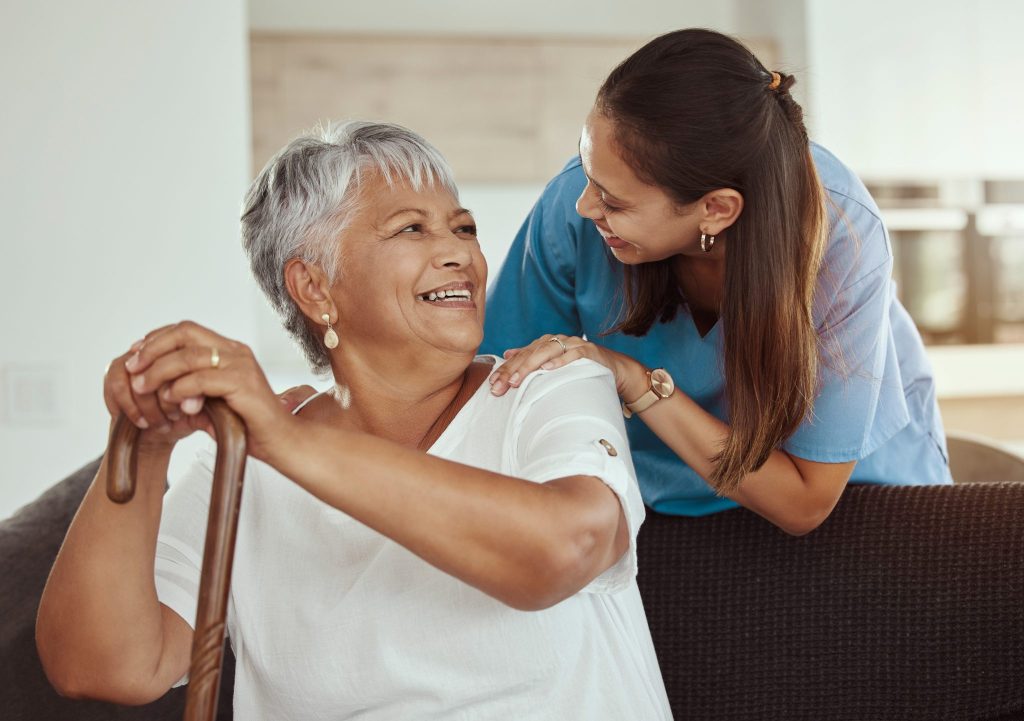
What can Aged Care Residences do to ensure all their residents feel safe and comfortable?
Meleana says one of the benefits of Aged Care for their residents is that her Annerley team is proactive when it comes to helping all residents to feel comfortable.
“We provide communication cards to ensure the residents can be involved in their care and support,” she says. “And we also use other resources such as staff who may speak the same language, as well as talking to family members who are available to assist.”
Other actions Aged Care Residences can take, which we do at TriCare, include:
- Appropriate training. All staff receive training that helps them understand and appreciate the diverse cultures of our residents. This means learning about different customs, communication styles, and health beliefs to better serve our community.
- Diverse staff representation. It’s not only our residents who come from a wide variety of backgrounds, and that diversity in our staff helps everyone to feel at ease, and to work at understanding one another.
- Individualised care plans. Each resident is unique, so why should their care be any different? We work with residents and their families to create personalised care plans that respect their cultural and linguistic needs, whether it’s incorporating traditional rituals or dietary preferences.
- Language support services. Communication is key, especially when it comes to healthcare decisions. When our residents need access to interpreters or translated materials, we help to find a solution so they can make informed choices about their health.
- Culturally inclusive activities. Who says activities have to be one-size-fits-all? We like to offer a range of activities that celebrate the diverse interests and backgrounds of our residents, whether it’s our armchair travel sessions, celebrating different cultural or religious holidays, or simply enjoying cuisine from around the world – there’s always something to learn and fun to be had.
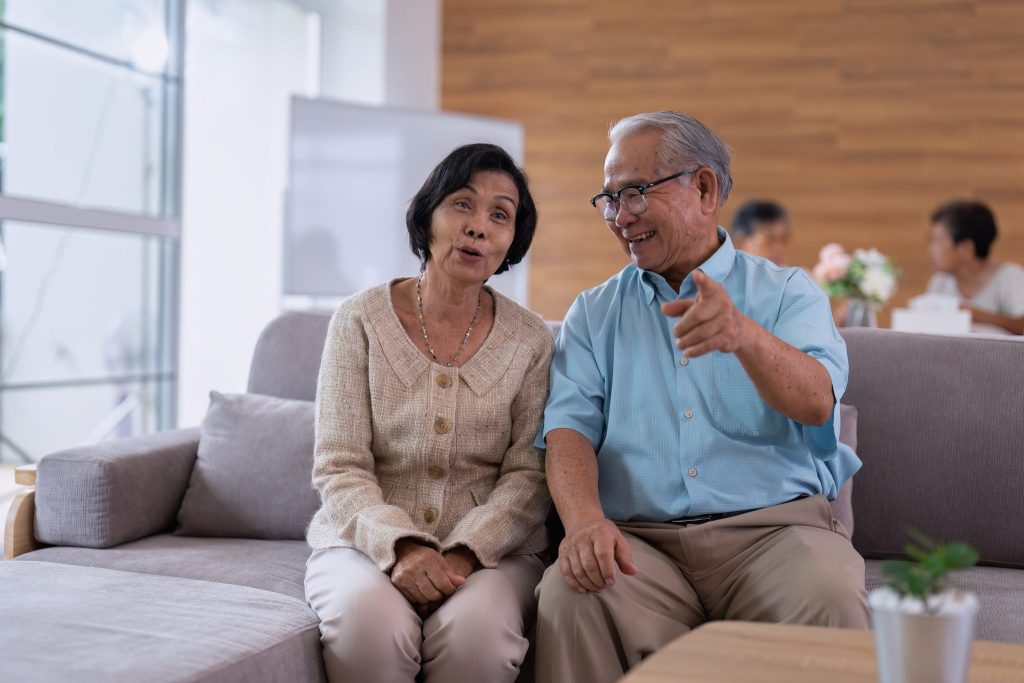
Meleana says this type of care makes a significant difference to the elderly health and wellbeing in the lives of the residents at TriCare Annerley.
Nicholas*, from Greece
“We currently have a resident who is Greek, and at times he will refuse personal care, such as showers or podiatry services,” Meleana says. “We are fortunate enough to have two staff members who previously worked at a Greek nursing home, and have taken the time to learn to speak the language.
“When other staff are having challenges communicating with this resident, they reach out to two staff members to assist. Although the resident can understand little English, the reaction when he hears his native language is very positive. And it instantly results in him being happy to engage in the task at hand.”
Sunda*, from Democratic Republic of Congo
“We also had a resident join us for Respite Care, who was from the Democratic Republic of Congo,” continued Meleana. “This resident reminded me so much of my grandmother, who mostly spoke Kinyarwanda Swahili.
“During her Respite Care stay, she would always have a smile. I remember asking if she was okay and she graciously nodded. I went and grabbed a staff member who spoke Swahili and had her also ask if she was okay. Sunda responded, ‘Yes, of course, you are all so kind’.
“The family enquired for respite again, as an emergency came up. We completed the same admission process, and our staff were so happy to see Sunda again! When she was discharged, I asked Sunda’s grandson to ask his grandmother whether she enjoyed her stay.
“The grandson laughed and smiled after Sunda responded, translating, ‘She said yes, everyone is always smiling. You are all like family’.”
It’s this type of feedback that shows us how important these extra efforts are, and it reinforces just how important cultural safety and cultural sensitivity are. We’re glad to hear we can provide that for our residents!
To learn more about TriCare Aged Care Residence at Annerley, click here.
Read more about elderly health and wellbeing
*Names have been changed to protect the privacy of our residents.
